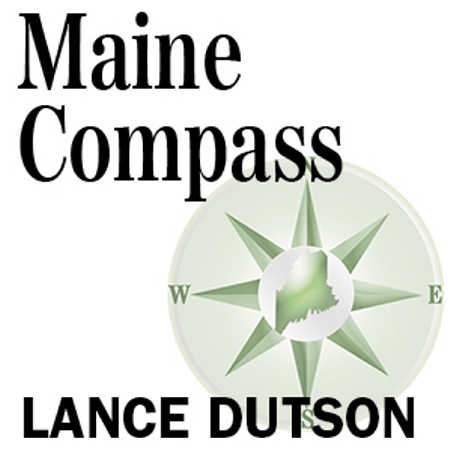Maine Republicans have never been in a better position to make change in our state. Growing statewide consensus about welfare reform, national anxiety about failed liberal foreign policy, and a Maine Democratic Party strikingly lacking in leadership have combined to create a perfect storm for Republicans to drive real, substantial reform in state government.
Recent polling suggests a path forward for Republicans to take measured advantage of this changing environment through consistent and logical policy initiatives that coalesce voter sentiment without aggravating historic voter concerns, and by keeping the unique character of the Maine electorate in mind.
In a statewide poll, commissioned by Leading to a Balanced Maine PAC, and conducted by Communications Concepts LLC, a national polling firm based in Easton, Pennsylvania, and conducted Dec. 7 and 8, Republicans’ central policy initiative — welfare reform — garnered a full 79 percent of voter support, including 83 percent of independent voters. Welfare reform has been the mantra of Republicans for more than a decade, and has formed the backbone of LePage administration policy.
As last week’s Lewiston mayoral race showed empirically, the people of Maine have had it with the decades-old welfare spending spree, and have embraced the Republican vision for a limited social safety net that doesn’t impede economic growth.
UNEXPECTED NUMBERS
However, an interesting nuance also appeared in this poll. A majority of voters, 58 percent, support accepting federal money to expand Medicaid. This suggests voters are making a distinction between health care for the poor and the pejoratively-connoted broad term “welfare.”
While it’s very difficult to word a poll question in a way that lays out all the implications of Medicaid expansion, these numbers reinforce the notion that the Maine electorate is frugal but not heartless.
Successful Republican welfare reform must take this concept into account, being careful not to lose the faith of Maine voters that they will protect our most needy.
The Maine Republican Party, at LePage’s behest, is pushing a ballot initiative that combines welfare reform with a plan to drive down income tax rates. Polling indicates that, while the welfare reform part of this effort is wildly popular, the push for income tax reduction is not. The governor has been open about his plan to increase and broaden sales tax to finance an income tax reduction, and the GOP plan almost certainly will put upward pressure on property tax rates.
CUT PROPERTY TAX FIRST
This dynamic has caused the failure of tax reform efforts for years. When asked which tax should be a priority for reduction, 61 percent choose either property tax or sales tax over income tax reduction. Property tax reduction polled at 48 percent, sales tax at 13 percent, and income tax was favored by only 30 percent of respondents.
Maine voters have historically rejected initiatives that threatened to raise property taxes, and public sentiment does not appear to have changed on this point.
While the GOP ballot initiative seems to be off to a rocky start, LePage’s job approval is hovering near his historic ceiling. LePage’s approval lags his disapproval, 43-48 percent, but is close to 10 points higher than other recent public opinion polls. In 2014, internal polling showed a strong shift toward LePage during the Ebola crisis, and national anxiety over terrorism may be having a similar impact today.
Notably, independents now have a net-positive view of the governor, 46 percent to 43 percent, suggesting the governor has the ability to generate more broad-based support for his policy going forward.
Combined with the dramatic support for welfare reform, the LePage administration has an opportunity to initiate substantive change in government, as long as his temperament doesn’t drive those independent voters back into their traditional opposition.
While the governor’s numbers appear to be on the rise, Republican legislative opposition to LePage’s sometimes-reckless behavior is even more popular.
When asked about the bipartisan compromise forged by legislative leaders during last session’s budget crisis, voters favored compromise over shutdown, 61 percent to 24 percent. This again shows voters’ ability to differentiate between fiscal conservatism and ideological posturing.
READY FOR LEADERSHIP
The Maine electorate is ready for real Republican leadership. They embrace core Republican policies, but this is not a hard, populist shift to the right. It is, rather, classic Maine sentiment.
Voters want a frugal, responsible state government, but they also want to take care of their neighbors when they’re down and out. They want to see property tax rates kept in check so farmers and families aren’t pushed out of their homes.
They want to support their elected officials, but they also want them to be able to work together to keep the state moving forward. By showing respect for these classic aspects of the Maine electorate, Republicans have the opportunity now to initiate real change and fulfill their promise to get Maine’s economy back on track.
Lance Dutson is a Republican political consultant and founder of GetRight Maine.
Send questions/comments to the editors.



Comments are no longer available on this story